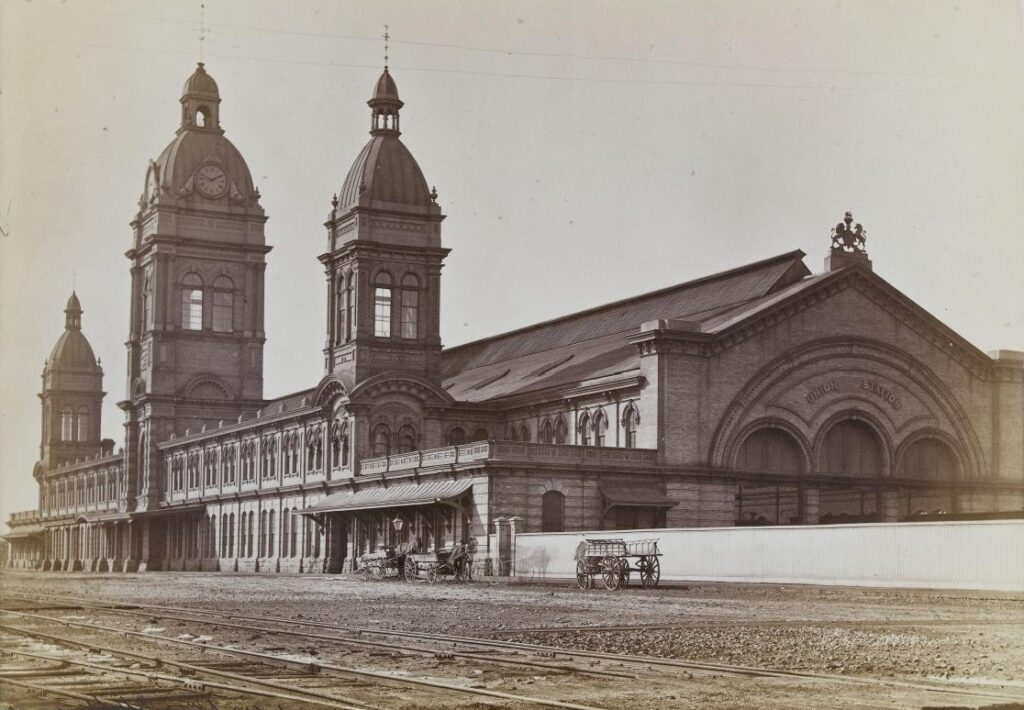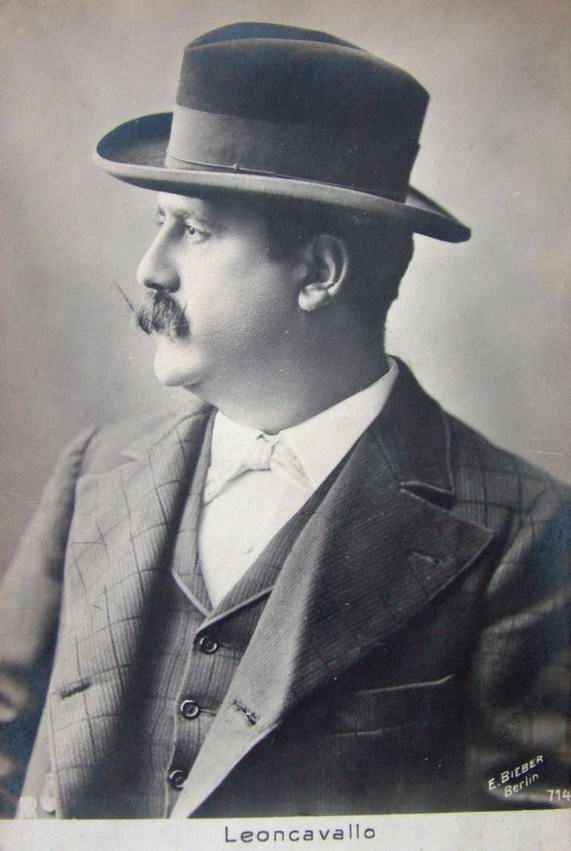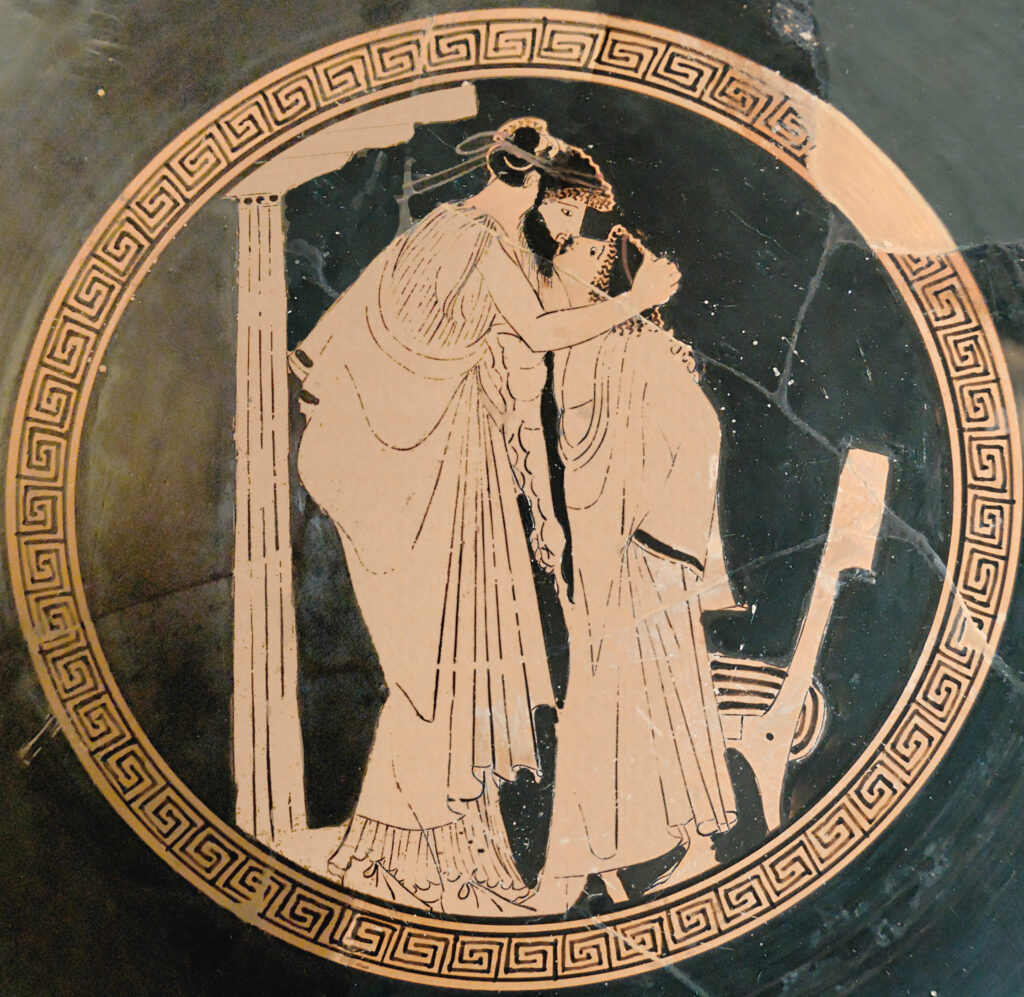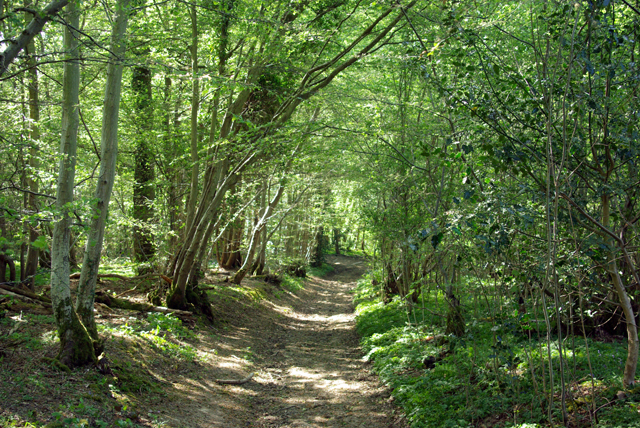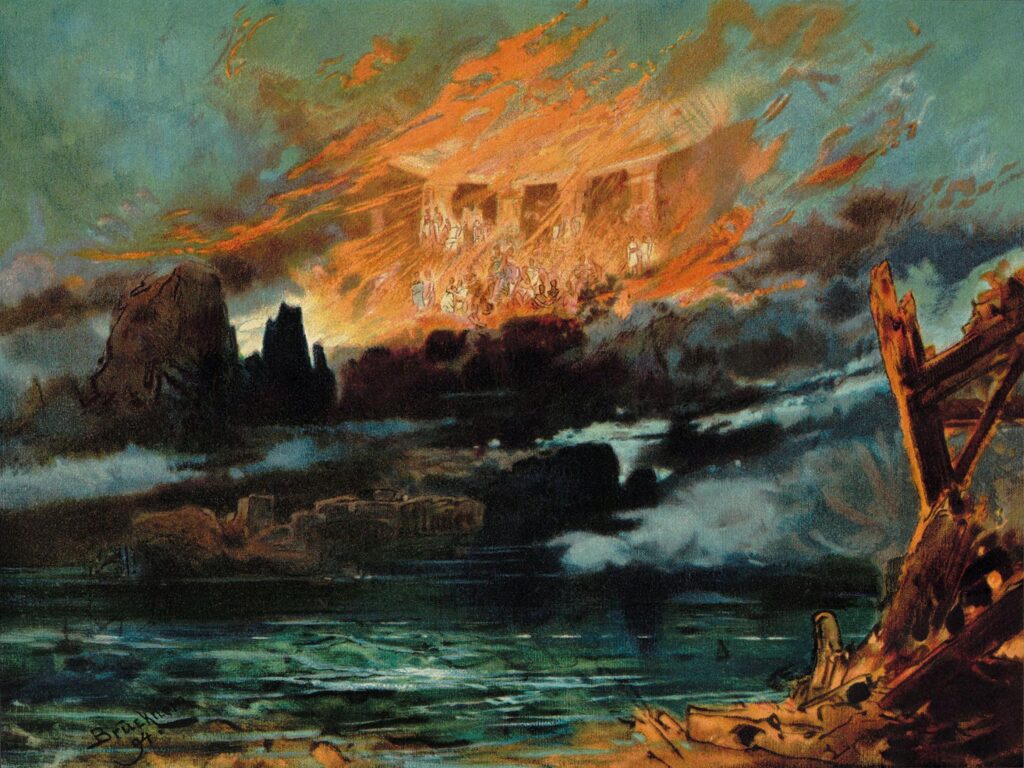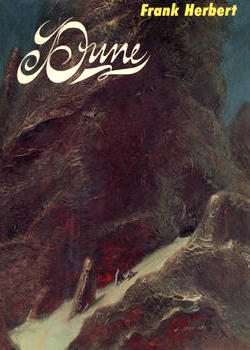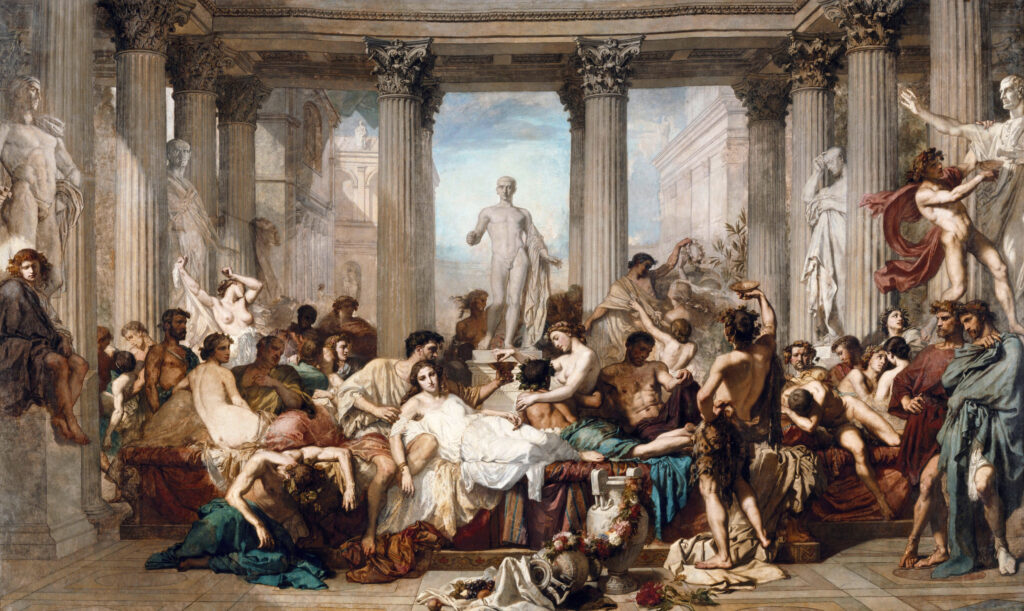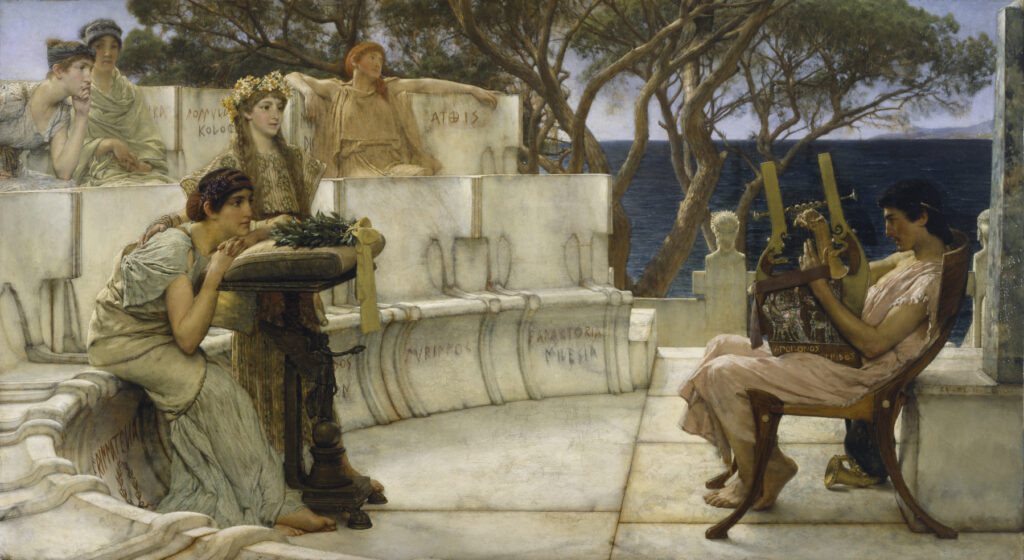
Sir Lawrence Alma-Tadema RA, Sappho and Alcaeus, credit Wikipedia
THE CAMBRIDGE GREEK LEXICON, ed. James Diggle et al., Vol. I A – I; Vol. II K – Ω, Cambridge, 2021, $84.99. Pp. i-xxiii, 1;1529, reviewed by Darrell Sutton
Sophists in ancient Greece employed figures of speech in formal addresses and publicized their rhetorical skills through sophisticated arguments. As collectors of proverbs, tales and choice terms, certain Sophists created crude glossaries to clarify the gist of Homer’s idiom and that of other authors. That impetus did not die with them. Scholars in the medieval age, as well, lacked suitable lexical tools. And this deficiency induced a handful of persons to compile lists of words for their own private tuition and for personal reference. Manuscripts which contained intelligent marginalia or scholia were usually added by individuals whose knowledge of that idiom ranged widely. In time, glossaries proved to be useful for research and writing.
In contrast to other ancient tongues, Greek writings have for a long time been supplied with lexical tools. This advantage is hard to quantify. The old stand-by dictionary compiled by Liddell-Scott-Jones, also known as LSJ, because of its later supplements by H.S Jones, was used by all. First published in 1843, it became the yardstick by which other lexicons were measured. In due course it was abridged, revised, and augmented several times. But shortcomings soon became apparent. Notable scholars referred to its deficiencies both orally and in print, especially its treatment of terms in the Septuagint. John Chadwick (1920-1998), an erudite forerunner in the study of Linear B texts, provided the Greek scholarship and lexical insights which contributed significantly to procedural improvements to Greek lexicography. Chadwick’s genius in this regard was deployed deftly in his volume Lexicographica Graeca (1996). Continue reading


